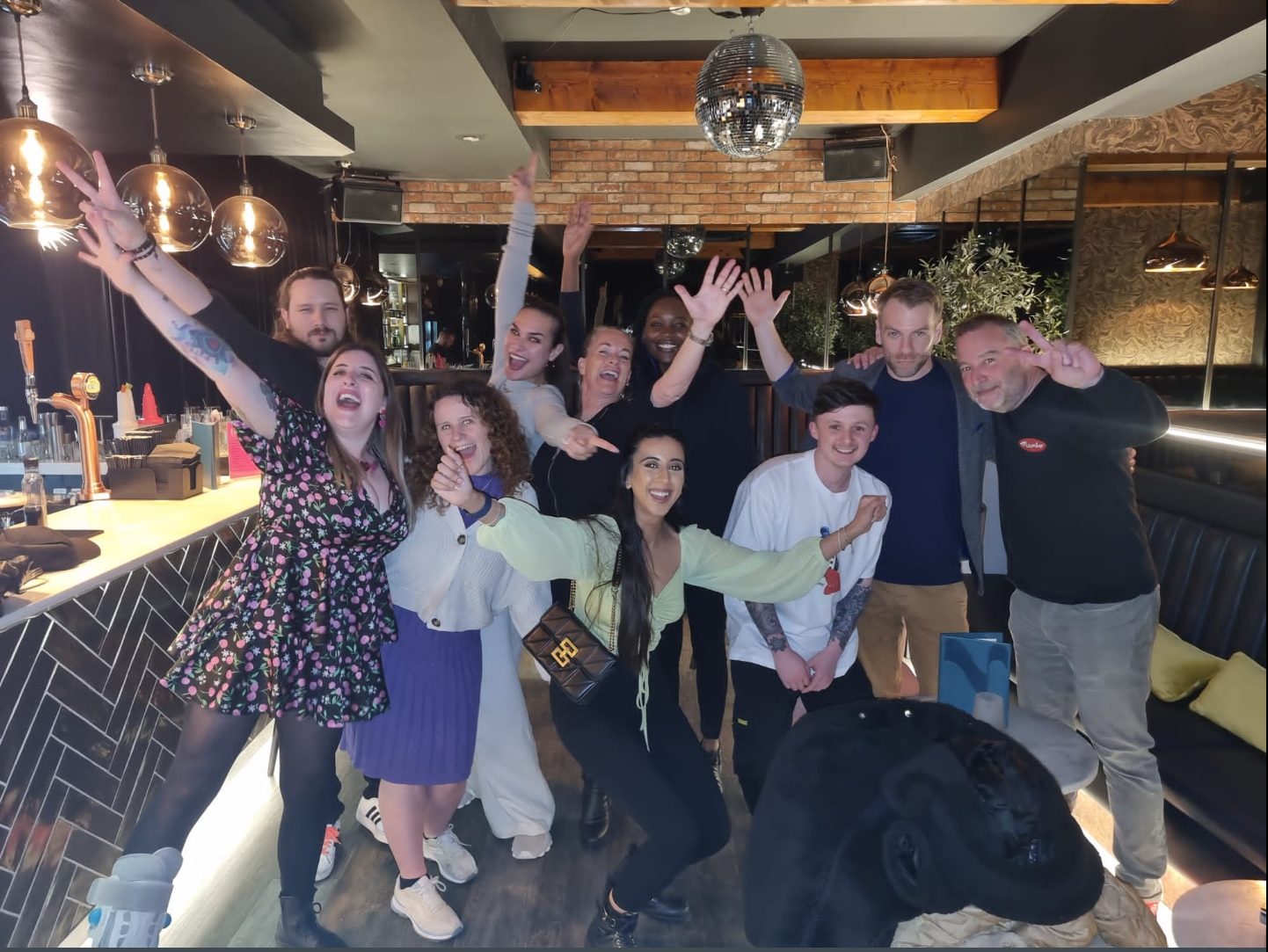When thinking about what to write in this blog, I toyed between providing you with facts and top tips, like most blogs do or giving some insight on how I (sometimes unintentionally) use the skills I’ve learned since working at PsycApps on a daily basis.
When I started my journey here (almost 1.5 years ago), I joined, wanting to help as many people as possible. I know first-hand the frustrations of the long waiting list to be seen by a professional counsellor. I was someone who needed help but was on the waiting list for 6 months. For some people, it can be shorter, but for others, you could be waiting for over a year. The worst part? The waiting made me feel like I wasn’t important enough to be seen.
The wait was excruciating. Each passing day felt like a battle against my own mind, a constant struggle with self-doubt and uncertainty gnawing away at my confidence. But it was during those moments of waiting, of grappling with my mental health challenges, that I began to understand the true power of resilience.
Resilience isn’t just about bouncing back from setbacks; it’s about finding the strength to endure and keep moving forward even when the road seems daunting. And in those months of waiting, I learned to tap into that resilience, to cultivate it like a precious garden in the barren landscape of doubt.
One of the most important lessons I learned during that time was the value of self-care. It’s easy to neglect ourselves when we’re consumed by the demands of daily life, but taking the time to nurture our own wellbeing is essential for building resilience. Whether it’s through meditation, exercise, or simply indulging in the things that bring us joy, self-care is not a luxury—it’s a necessity.
But resilience isn’t just about taking care of ourselves; it’s also about reaching out for support when we need it most. For me, that meant seeking help from friends and family and tapping into my support network. Unfortunately, during dark times, I felt alone and lonely, but I soon realised that I was simply rejecting those in my inner-circle. It took courage to admit that I couldn’t do it alone, but it was a crucial step in my journey towards healing.
Of course, resilience isn’t a magic cure-all. There are still days when self-doubt creeps in, when the weight of the world feels too heavy to bear. But now, armed with the knowledge that I have the strength to overcome even the toughest challenges, those moments feel less like insurmountable obstacles and more like opportunities for growth.
Perhaps that is the greatest gift resilience has given me: the ability to see setbacks not as failures but as chances to learn and evolve. Ultimately, it’s not our successes that define us but how we respond to the inevitable setbacks along the way.
So, if you’re struggling with self-doubt or facing challenges in your personal or professional life, remember this: you are stronger than you think. And with a little resilience, there’s no limit to what you can achieve.
I wish you a happy and healthy Mental Health Awareness Week.


